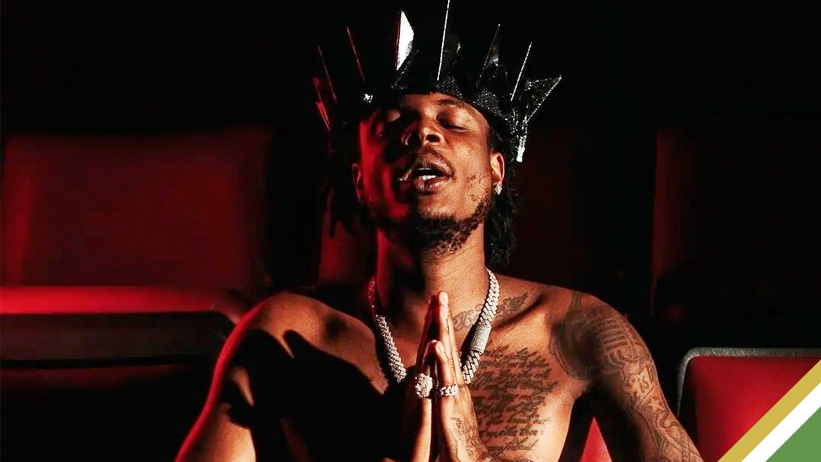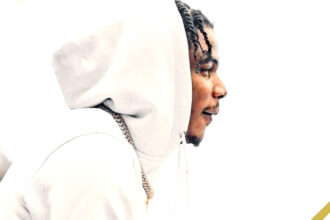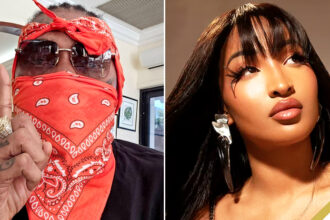For the second time, dancehall frontrunner Masicka has been overlooked for a Grammy nomination in the Best Reggae Album category, despite widespread critical acclaim for his last two albums, 438 and Generations of Kings. The omission has stunned fans and industry experts alike, especially given Masicka’s status as a major-label artist signed to Def Jam Records, a move that has significantly broadened the reach of his music globally. “Dancehall has long been a driving force in reggae’s evolution,” remarked one industry insider. “To overlook an artist like Masicka is to overlook the progression of the genre itself.” This perceived snub has intensified the frustration of those who see his contributions as vital to dancehall’s modern impact on the Jamaican genres.
Masicka’s core fanbase, both in Jamaica and across the Caribbean diaspora, has taken to social media in protest, voicing frustration over what they view as an ongoing lack of recognition for dancehall within the Grammy Awards. Many fans argue that dancehall has consistently been sidelined within the broader Best Reggae Album category, which has traditionally leaned toward roots reggae. Grammy voters, they claim, often favour more conventional reggae sounds, leaving dancehall’s edgier, urban aesthetic on the sidelines. This year’s nominees, which include a blend of reggae and dancehall artists, nevertheless left Masicka out, leading fans to question the Recording Academy’s perception of dancehall’s integral role in Jamaican music. While the Academy celebrated this year’s nominees as reflecting “the vibrancy and versatility of reggae and its subgenres,” fans argue that dancehall has still not received the recognition it deserves.
In recent years, the Best Reggae Album category has seen a notable decrease in submissions, with entries dropping from 125 in 2022 to 65 last year. However, 2024 has shown a slight recovery, with 75 entries. This year’s roster includes high-profile albums from Vybz Kartel, Shenseea, and reggae legends Bob Marley and The Wailers, indicating a nod toward dancehall’s increasing influence on reggae. Yet, with acclaimed artists like Masicka still left out, the discussion around genre representation within the Grammys continues. For Masicka and his supporters, this snub underscores a deeper issue: that dancehall, despite its international impact, is struggling to gain adequate recognition from one of music’s most prestigious institutions.
One underlying reason for Masicka’s exclusion could be the Grammy voting process itself, which relies on the preferences of a large body of Recording Academy members who may lack familiarity with dancehall’s distinct musical style. Grammy voters come from diverse musical backgrounds, and some may have limited exposure to the nuances and cultural significance of dancehall. Because the voting body often gravitates toward traditional sounds they recognize, albums by dancehall artists may struggle to stand out in a category associated with reggae’s more traditional elements. Without a targeted Grammy campaign to introduce Masicka’s work to U.S.-based voters, or without mainstream visibility in the U.S., his albums may not have achieved the level of awareness required to secure a nomination.













